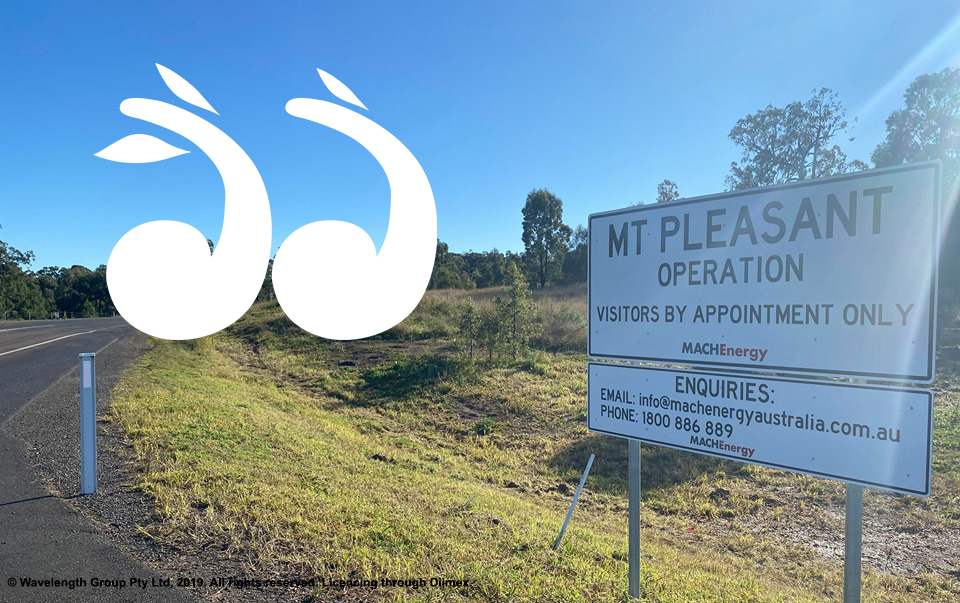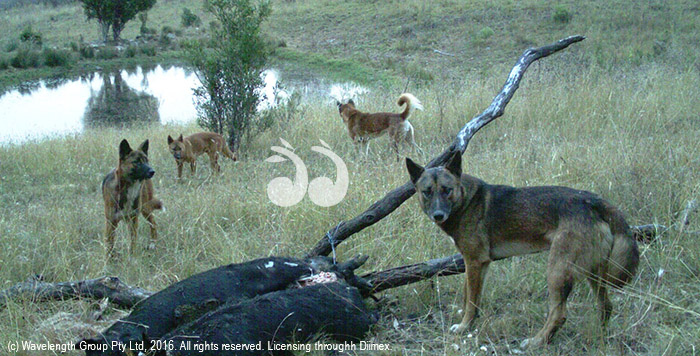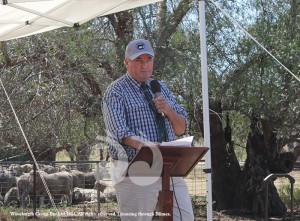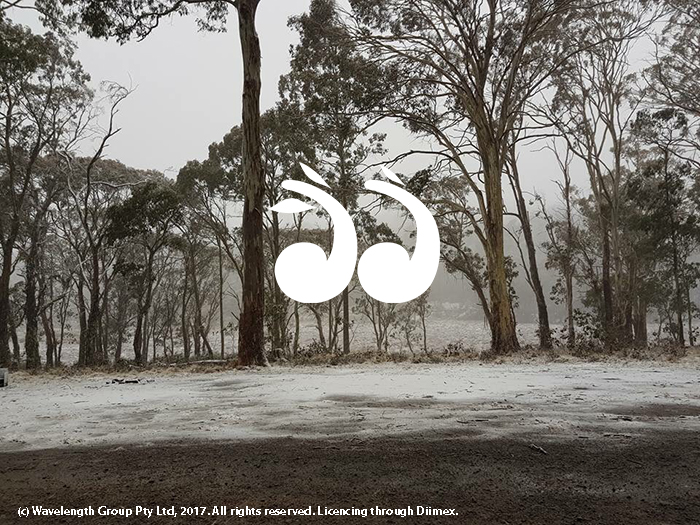LOCAL farmers are breathing a sigh of relief and now say it is time to band together to make a new approach to wild dogs work and stop the decimation of the sheep industry in the Upper Hunter.
At the launch of the first professional wild dog controller program in New South Wales, at Gundibri Station in Merriwa yesterday, it was announced private companies, the government and the Australian Wool Innovation will contribute $1 million during the next four years to pay for a pool of professional wild dog controllers who can be called upon by land owners after there have been attacks on livestock in the Upper Hunter, Muswellbrook and Singleton Council areas.
Craig Murphy the chair of the Hunter Valley Combined Wild Dog Group said they finally feel like they have achieved something that will help.
“Dogs don’t recognise boundaries between farms, or mines or National Parks so to have professionals who can track them across a district using baiting, trapping and shooting means we have a fighting chance of getting the sheep industry back in the Upper Hunter,” said Mr Murphy.
“We need all landholders to take a proactive role, because for example the dogs are coming through cattle properties to get to the sheep and a dog problem is everyone’s problem,” he said.
“In areas where there are no sheep left they are killing the cattle, no doubt they are killing native wild life because they have to eat something, so we all need to address this issue together,” he said
“On this property where we are, they took seven dogs out of the sheep here and that is a pretty fair efforts, so we are protecting what is left of the Upper Hunter sheep industry,” he said.
“We do have a program running on a property at Singleton where the dogs are killing calves and they can access funding from this program as well,” he said.
Mr Murphy said local farmers were heartened by the coordinated approach of so many government and private sector organisations to address the issue together including Hunter Local Land Services, Glencore, Yancoal Australia, Bengalla Mining Co, National Parks and Wildlife Services, Forestry Corporation and Feral Scan and the Australian Wool Innovation.
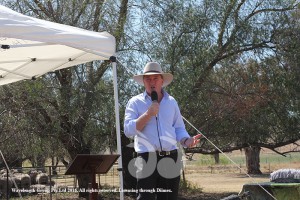
Deputy Prime Minister and federal member for the Upper Hunter Barnaby Joyce at the launch of the Professional Wild Dog Controller Programme.
Barnaby Joyce, deputy Prime Minister and federal member for the Upper Hunter was also at the launch and said people in the community needed to understand how much the sheep industry is being impacted by wild dogs across the country.
“Obviously wild dogs are devastating the sheep industry but also the cattle industry,” said Mr joyce.
“They don’t just kill to eat they kill for fun and in one night they can clean up to 40 ewes,” he said.
“Generally they don’t go for the throat, they go for the kidneys, the animals go into renal failure and die in the paddock,” he said.
“I am being graphic about it, because many people who aren’t on the land, just don’t comprehend what these animals are capable of,” he said.
“If you go through the genetic make-up of these dogs they are not dingos they are overwhelmingly wild dogs,” he said.
“By having professionals address the issues across an area, it allows people to make a buck out of sheep, the money flows onto the hairdressers, the bakeries and gets the money flowing in Scone, floating around Aberdeen the takeaway shops and it helps the whole community,” he said.
“And National Parks is going to be a national problem if they don’t control their feral animals,” Barnaby Joyce said.
Ben Johnson, a local trapper agreed the new approach to have experienced trappers focused on key areas was a good one.
“Catching the dogs in this country, the government, other landholders they are the easier things to deal with, but when you have inexperienced people trying to trap experienced dogs the dogs get away and it happens all the time,” said Mr Johnsen.
“It’s the type of job that doesn’t need a heap of people on the ground, just some quality people working in key areas,” he said.
“What’s great about this now is everyone is working together and everyone needs to work together for it to work,” Ben Johnsen said.
Peta Norris from National Parks and Wild Life said they were keen to be good neighbours and address the issue alongside other landholders including mines and farmers.
“We’ve been working with wild dog associations and our neighbours to try and help manage the wild dog problem,” said Ms Norris.
“What everyone struggles with is coordination and having all landholders working together in a coordinated program and this provides that opportunity,” Peta Norris said.
Related story: Editorial – Last Hurdle for Sheep Farmers.
THE prediction of the Bureau of Meteorology proved correct and this morning there is a light dusting of snow on the Barrington Range.
The Bureau does not have readings for the Barrington overnight but said the temperature would have been between 0 and 1 degrees.
Jake Phillips from the Bureau said they would be pleased to gather information from the area and encourage local people to phone them with information: 9296 1555.
“Overnight the temperature in Murrurundi was down to 4.5 degrees and Scone was 8.5 degrees,” said Mr Phillips.
“The maximum temperature expected this afternoon is well below average for this time of year, it will be 5 degrees below the average, whereas yesterday was 10 degrees above the average, so quite a difference in a 24 hour period,” he said.
“The next few days will be mostly sunny, but cooler, tomorrow the temperature in Scone will be 22,” Jake Phillips said.
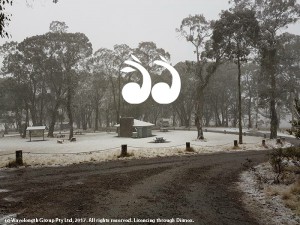
A light dusting of snow on the Barrington. Photo: James Fleming.
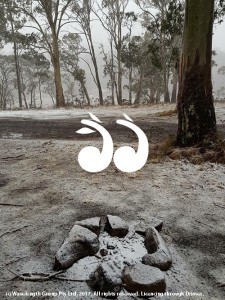
Snow on the Barrington fell overnight. Photo: James Fleming.
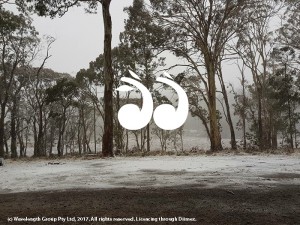
A cold front has brought snow to the Barrington overnight. Photo: James Fleming.
-
Just In
More Just In
 Covid Update – Another case in Muswellbrook
Covid Update – Another case in Muswellbrook
THERE has been another confirmed case of covid in Muswellbrook, however Hunter New England Health have confirmed this additional case is part of the same household of previous cases and does not pose a risk of community transmission.
» Read more about: Covid Update – Another case in Muswellbrook »
...more -
Recent News
More Recent News
 Intersection Survey Concerns
Intersection Survey Concerns
BUSINESSES near the intersection of Kingdon Street and Kelly Street received letters last week from Roads and Maritime Services stating work would be conducted there from May 3 until May 13,
» Read more about: Intersection Survey Concerns »
...more - Key Issues More Key Issues

